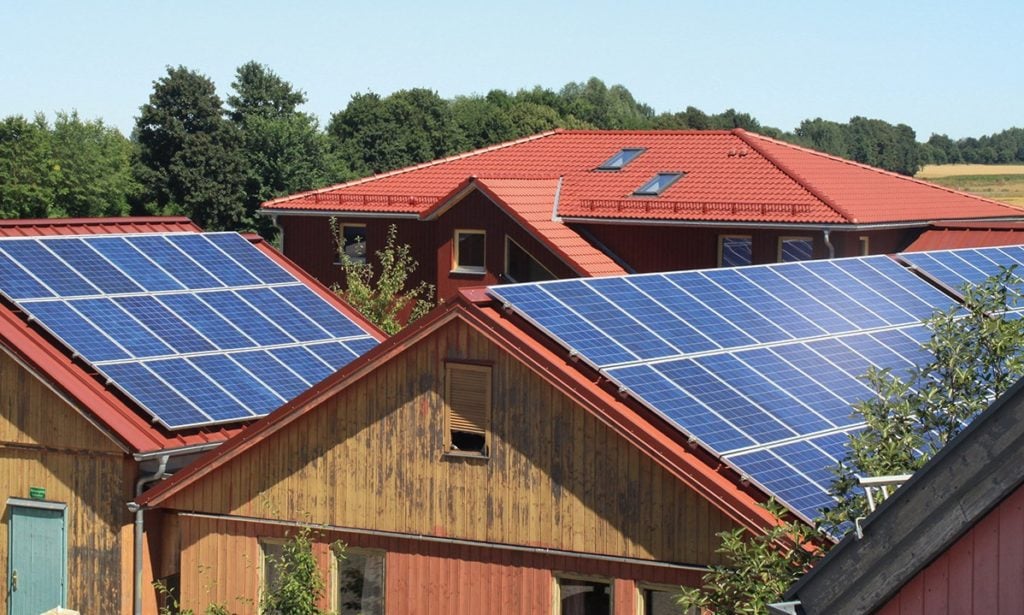
Florida’s Republican Governor Ron DeSantis has vetoed controversial legislation to change the state’s net metering laws that would have significantly stripped down the benefits of having residential solar and allowed utilities to add additional charges to customers’ energy bills.
Initially passed on 8 March by Florida’s Senate, the bill – called HB 741 – would have seen residential solar customers pay fixed costs relating to transmission and backup energy generation decided by Florida’s Public Service Commission as well as removing benefits for reducing the utility’s electricity demand.
Unlock unlimited access for 12 whole months of distinctive global analysis
Photovoltaics International is now included.
- Regular insight and analysis of the industry’s biggest developments
- In-depth interviews with the industry’s leading figures
- Unlimited digital access to the PV Tech Power journal catalogue
- Unlimited digital access to the Photovoltaics International journal catalogue
- Access to more than 1,000 technical papers
- Discounts on Solar Media’s portfolio of events, in-person and virtual
Or continue reading this article for free
Moreover, it would have seen rooftop solar owners given a credit at current retail rates until 2024, after which the rates will phase down until the credit is completely removed from 2029.
DeSantis said HB 741 would have allowed public utilities to “impose additional charges to recover lost revenues resulting from residential solar generation that exceeds the public utilities estimate”, adding this would add to the “financial crunch” Floridians are already experiencing caused by high inflation in the US.
A recent poll by Mason-Dixon revealed that 84% of Floridians overwhelmingly supported rooftop solar, with 94% of Democrats and 76% of Republicans supportive of Florida’s current net metering system.
By vetoing HB 741, DeSantis has sent the bill back to Florida’s House of Representatives, where it will be debated further. It would take two-thirds of votes in both the House and the Senate to overturn DeSantis’ veto.
The veto was warmly received by Florida’s solar sector. “The rooftop solar industry employs more than 9,000 Floridians and gives every Florida resident the freedom to choose how they generate and use electricity,” said Justin Vandenbroeck, president of the Florida Solar Energy Industries Association, which had previously said the proposed legislation would have put US$18 billion of economic activity at risk.
“His decision to veto this bill will allow our industry to continue growing and give more homeowners in our state the chance to lower their electric bills with solar.”
Katie Chiles Ottenweller, southeast director for advocacy organisation Vote Solar, said she was “heartened to see the governor put consumers and energy freedom ahead of monopoly utility profit margins” and hoped the veto would “sends a clear message that attempts to attack Floridians’ solar rights will fail.”
Solar Energy Industries Association (SEIA) called the veto “a major win for energy freedom and Florida’s clean energy economy”, noting how the bill would have “undercut the state’s growing rooftop solar market by phasing down net metering and allowing utilities to charge potentially unlimited fees on thousands of solar customers in the state.”
Its president and CEO, Abigail Ross Hopper, said the veto signalled that “Florida’s energy economy is open for business”, branding the state “one of the fastest-growing solar markets in the country”.
